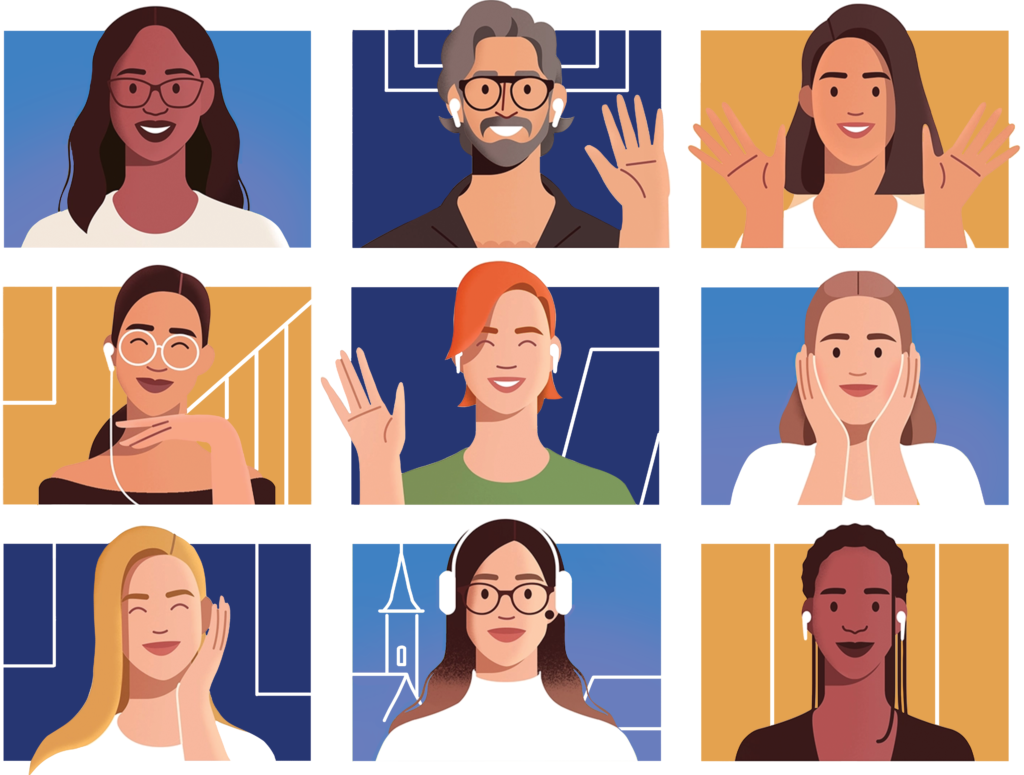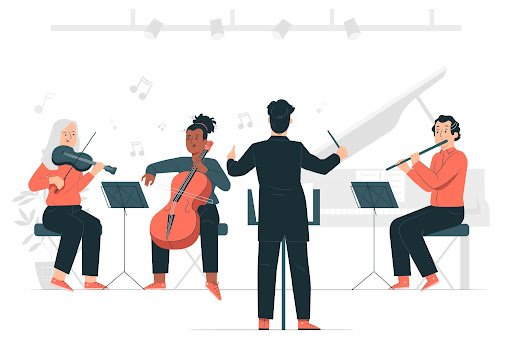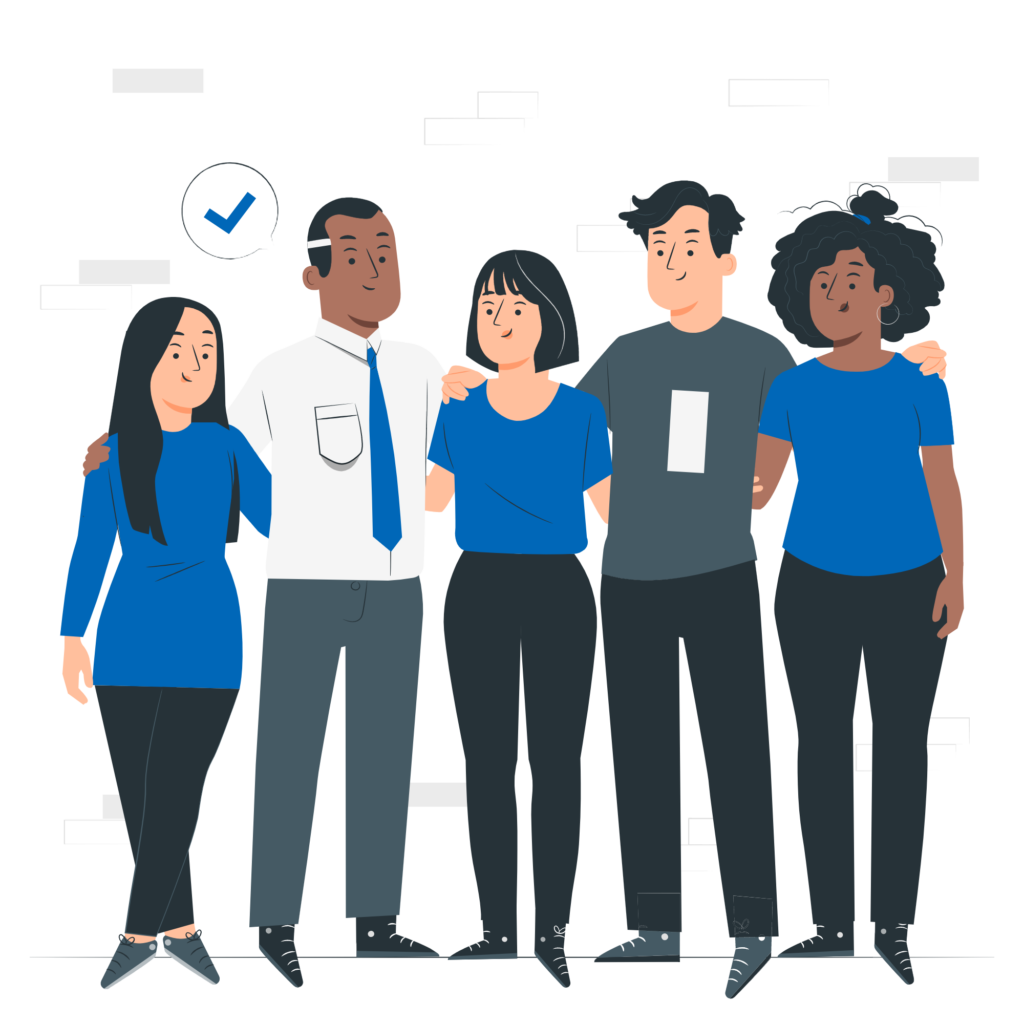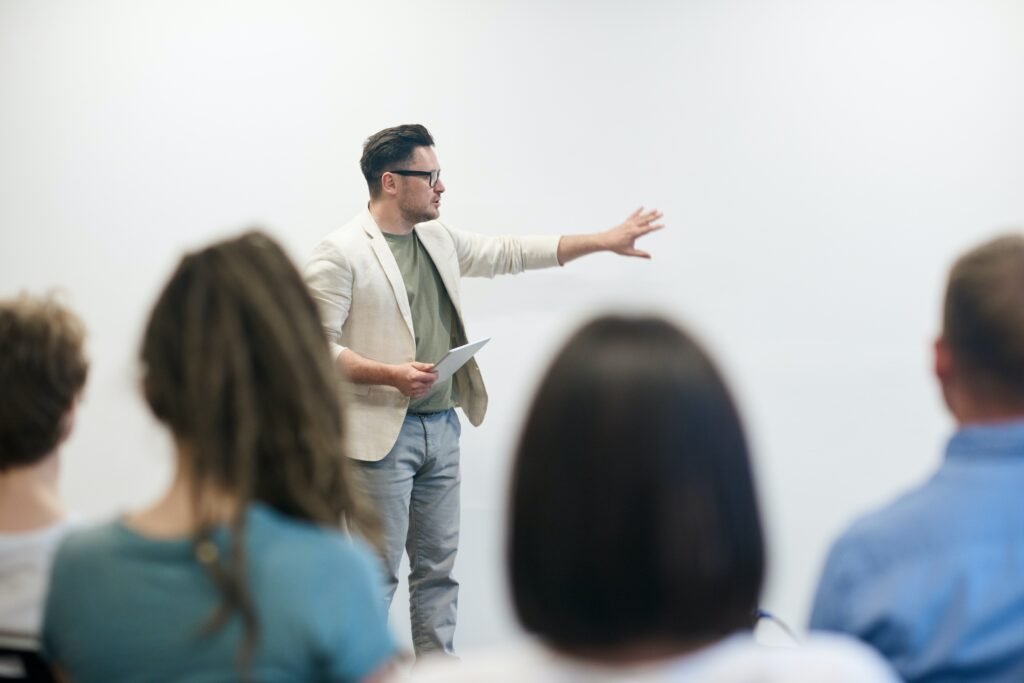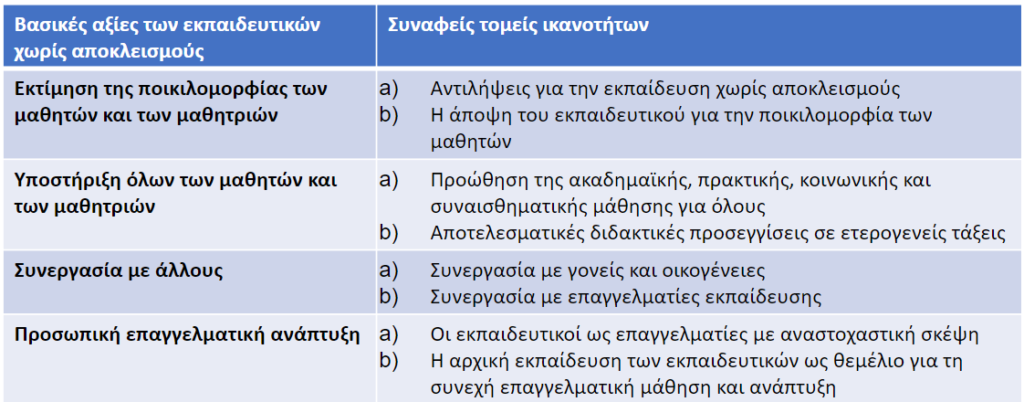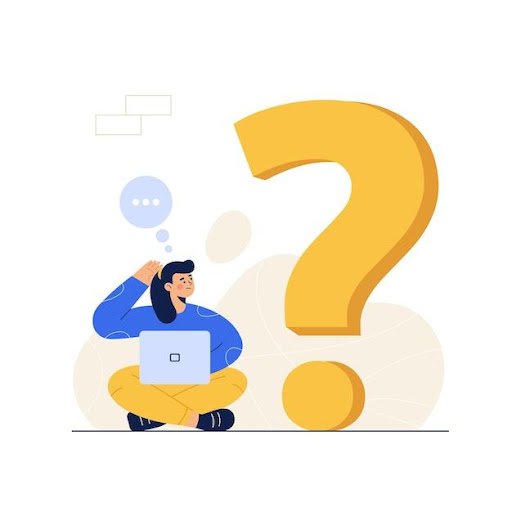▸Bremner, N. (2021). The multiple meanings of ‘student-centred’ or ‘learner-centred’ education, and the case for a more flexible approach to defining it, Comparative Education, 57:2, 159-186, DOI: 10.1080/03050068.2020.1805863
▸Bremner, N., N. Sakata & L. Cameron (2022) The outcomes of learner-centred pedagogy: A systematic review. International
Journal of Educational Development, Vol. 94, 2022, 102649.https://doi.org/10.1016/j.ijedudev.2022.102649.
▸Bruijn, E. de; Leeman, Y. (2011). Authentic and self-directed learning in vocational education: challenges to vocational educators.
Teaching and teacher education, Vol. 27, Issue 4, pp. 694-702.
▸Cedefop (2015). Vocational pedagogies and benefits for learners: practices and challenges in Europe. Luxembourg: Publications
Office of the European Union. Cedefop research paper; No 47. https://www.cedefop.europa.eu/files/5547_en.pdf &
https://www.cedefop.europa.eu/en/publications/5547
▸Cedefop (n.d.). Inclusive environment.
https://www.cedefop.europa.eu/en/tools/vet-toolkit-tackling-early-leaving/protective-factors/inclusive-environment
▸CEDEFOP/European Centre for the Development of Vocational Training (2022). intervention approach on “Professional
development for inclusive teaching and training”.
https://www.cedefop.europa.eu/en/tools/vet-toolkit-tackling-early-leaving/intervention-approaches/professional-development-
inclusive-teaching-and-training
▸Easton, C. (2021). Teaching tolerance in schools cannot avoid controversy. Support Psyche
https://psyche.co/ideas/teaching-tolerance-in-schools-cannot-avoid-controversy
▸EENET/Enabling Education Network, UK (n.d). Inclusive education.
https://www.eenet.org.uk/what-is-inclusive-education/defining-inclusive-education
▸European Agency for Development in Special Needs Education (2012). Teacher Education for Inclusion (TE4I project): Profile of Inclusive
Teachers. Odense, Denmark: European Agency for Development in Special Needs Education.
https://www.european-agency.org/sites/default/files/Profile-of-Inclusive-Teachers.pdf (EN). Available in multiple languages in
https://www.european-agency.org/resources/publications/TPL4I-profile
▸European Commission (2012). Rethinking education, investing in skills for better socioeconomic outcome: communication from the
Commission to the European Parliament, the Council, the European Economic and Social Committee and the Committee of the Regions.
COM(2012) 669 final. https://eur-lex.europa.eu/legal-content/EN/TXT/PDF/?uri=CELEX:52012DC0669&rid=1
▸European Commission, European Education Area (n.d.). Inclusive education.
https://education.ec.europa.eu/focus-topics/improving-quality/inclusive-education
▸Flaherty, A. (2018). Power and Empowerment in Schools. Contemporary Pedagogies in Teacher Education and Development. doi:
10.5772/intechopen.76483 https://www.intechopen.com/chapters/60901
▸Malvik, C. (2020). 4 Types of Learning Styles: How to Accommodate a Diverse Group of Students. Rasmussen University.
https://www.rasmussen.edu/degrees/education/blog/types-of-learning-styles
▸Purdie, N., J., Hattie (2002) “Assessing Students’ Conceptions of Learning”, Australian Journal of Educational & Developmental
Psychology. Vol 2, p.p. 17-32. https://core.ac.uk/download/pdf/10881606.pdf
▸Robertson, A. (2019, 6 July). Building an Orchestra: Lessons on Diversity and Inclusion. LinkedIn
https://www.linkedin.com/pulse/building-orchestra-lessons-diversity-inclusion-from-alexis-robertson
▸Säljö, R (1979) “Learning about learning”, High Educ Vol(8), p.p. 443–451. Available at https://doi.org/10.1007/BF01680533.
▸Smith, M. K. (1999-2020) “Learning theory”, The encyclopedia of pedagogy and informal education. Available at
https://infed.org/mobi/learning-theory-models-product-and-process.
▸Teaching Times (2021). How power dynamics influence learning. https://www.teachingtimes.com/slt81-power-dynamics
▸Thomas, D. (2014). Power in the Classroom. LinkedIn.
https://www.linkedin.com/pulse/20140609082714-324997647-power-in-the-classroom
▸Unesco (n.d.). Interview with the UNESCO-IBE Director, Clementina Acedo.
http://www.ibe.unesco.org/fileadmin/user_upload/-Policy_Dialogue/48th_ICE/Press_Kit/Interview_Clementina-_Eng13No
v.pdf
▸UNICEF, (n.d.). Inclusive education. https://www.unicef.org/education/inclusive-education
▸University College London/UCL (2019). Inclusive teaching. Teaching Toolkits.
https://www.ucl.ac.uk/teaching-learning/publications/2019/aug/inclusive-teaching
▸Wyatt-Ross, J. (2018). A Classroom Where Everyone Feels Welcome. Edutopia.
https://www.edutopia.org/article/classroom-where-everyone-feels-welcome
▸Yale University – Poorvu Center for Teaching and Learning (2017). Inclusive Teaching Strategies.
https://poorvucenter.yale.edu/InclusiveTeachingStrategies



